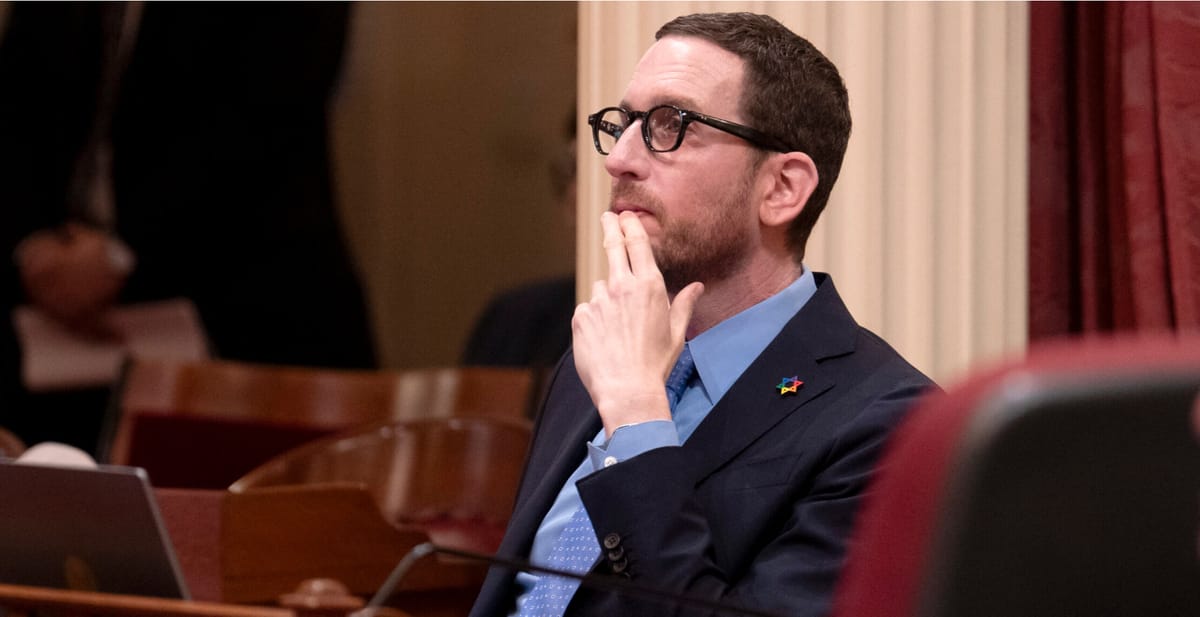
California's ambitious AI regulation bill has cleared a crucial hurdle, passing the State Assembly with the minimum required votes. The contentious legislation, known as SB 1047, now heads back to the Senate for a final vote before potentially landing on Governor Gavin Newsom's desk.
The Safe and Secure Innovation for Frontier Artificial Intelligence Models Act squeaked through the Assembly with a 41-9 vote, highlighting the deeply divided opinions surrounding AI regulation. If signed into law, SB 1047 would position California at the forefront of AI oversight in the United States.
It’s been an uphill battle for @Scott_Wiener on #SB1047 — he was spotted on the Assembly floor shaking hands and patting backs after its passage. #caleg pic.twitter.com/N68IcNZ4GK
— Lara Korte (@lara_korte) August 28, 2024
State Senator Scott Wiener, the bill's author, frames it as a "highly reasonable" measure that would require large AI labs to implement safety protocols they've already committed to following. These include establishing procedures to quickly shut down AI models and evaluating risks of critical harm.
However, the bill has faced significant pushback from tech industry giants and some prominent politicians. OpenAI, Google, and Meta Platforms have voiced concerns that the legislation could stifle innovation and potentially drive AI development out of California. Critics argue that the technology is still too new for effective regulation.
Surprisingly, Tesla CEO Elon Musk has thrown his support behind the bill, citing potential risks to the public. This stance has put him at odds with many of his tech industry peers.
The debate has even divided top Democrats, with former House Speaker Nancy Pelosi urging Governor Newsom to veto the bill if it reaches his desk. Pelosi and other opponents argue that SB 1047 is "well-intentioned but ill-informed," potentially hampering AI progress at a critical juncture.
Supporters, including prominent AI researchers Yoshua Bengio and Geoffrey Hinton, counter that the bill is necessary to mitigate catastrophic risks associated with unchecked AI development. They argue that without guardrails, AI could pose threats ranging from biowarfare to election manipulation.
As the bill moved through the legislature, Senator Wiener made several concessions to address industry concerns. These changes included scrapping plans for a new AI safety agency and softening liability provisions for companies.
With the Assembly vote behind it, SB 1047 now returns to the Senate for what's expected to be a favorable vote. All eyes will then turn to Governor Newsom, who will have until the end of September to decide whether to sign the bill into law or veto it.

